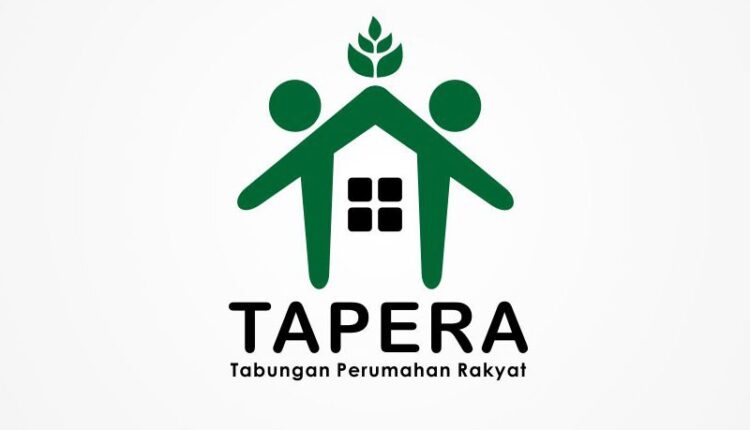Tapera Facilitates Communities to Own Houses
By: Agus Sulistiyo )*
Owning a house is of course a dream for the community, especially the workers. In order to facilitate these goals, the Government rolled out the Public Housing Savings (Tapera) policy. The policy has been stated in Law Number 4 of 2016 and Article 28H Paragraph (1) of the 1945 Constitution.
Spokesman for President Fadjroel Rachman said in Article 28H paragraph (1) of the 1945 Constitution it was stated that the obligation to provide fulfillment to everyone for the right to life and physical prosperity, residence and of course to get a good and healthy environment.
Tapera can be said as a system of meeting the needs of boards that offers a mechanism to facilitate processes and solutions to housing finance problems, as well as the protection and provision of low-cost housing finance for low-income people.
During this time people are still having trouble getting two important things such as ease of mechanism and protection.
This complexity can be seen from the many cases, especially low income people (MBR) who have to take care of various requirements that are not easy. On the other hand, the risk of losing funds is also large due to cases of housing business that are not controlled for validity.
Ease mechanism because the workers in the process of meeting the board needs only follow the flow of the rules without complicated requirements that cannot be controlled.
In addition, Tapera bases the mechanism on the responsibility of the employer (business organization) to assist the process. As stated in Article 8 (a), employers must register workers as Tapera participants.
In official government regulations, Tapera emphasizes the aspect of protection. This is the President’s policy related to Tapera’s policy.
One form of protection aspect is the issuance of identification numbers to participants which serve as proof of membership, administrative records, deposits and access to Tapera information. Protection also guarantees Tapera participants’ rights.
Tapera’s policy is a commitment of President Jokowi to meet the basic needs of the people of Indonesia, especially the need for shelter or housing. Tapera is here to create a mechanism of convenience and protection for all Indonesian people, especially the workers.
Meanwhile, the Ministry of Public Works and Public Housing (PUPR) through the Directorate General of Public Works and Housing Infrastructure Financing considers that the issuance of PP No. 25 of 2020 is important for the operation of the Public Housing Savings.
The Ministry of PUPR ensures that BP Tapera will operate in 2021. BP Tapera’s operations have been regulated in government regulation (PP) No. 25 of 2020 concerning the operation of Tapera which was approved by President Joko Widodo on May 20, 2020.
Tapera is a solution in overcoming the housing backlog by providing long-term, low-cost, and sustainable funds to finance affordable and livable housing, especially for low-income people.
Implementation of the Tapera Program is carried out in stages with targeted groups of workers.
The Tapera Management Agency (BP) targets 13 million participants or Tapera customers in the five-year period when the housing savings are operating.
Deputy Commissioner for Utilization of Tapera Fund Ariev Baginda Siregar said, his party had mapped out how many potential participants would become BP Tapera customers, they had also received direction and committee approval in the strategic plan stipulating that within the first five years of BP Tapera operating up to in 2024, it targets around 13 million participants.
The initial participants of the Tapera customer come from the group of civil servants or state civil servants, totaling around 4.2 million people.
The Deputy Commissioner of BP Tapera said that all workers and self-employed were targeted by the segment of participants who received benefits in the form of housing finance as low-income people (MBR).
The group of participants who are Tapera customers consists of state civil servants, employees of BUMN, BUMD and BUMDes, TNI-Polri personnel, Private Employees, self-employed or self-employed workers and foreign workers or foreigners who have worked for at least 6 months in Indonesia.
Tapera comes as a solution for people who want to have decent housing with an easy mechanism. Management of Tapera is certainly expected to be done with more transparent governance with broader participant benefits.
)* The author is a contributor to the Indonesian Strategic Information Institute (LSISI)
